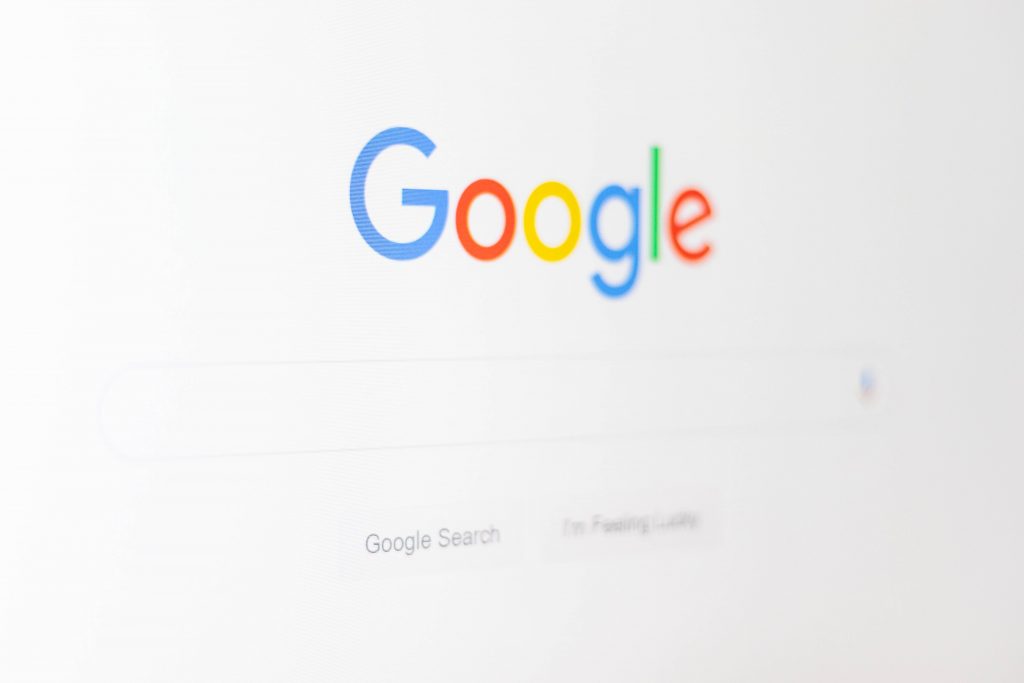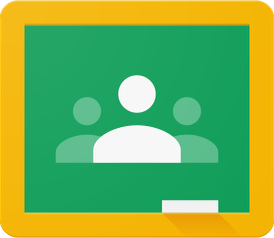Chapter four in Teaching online: A guide to theory research and practice by Claire Major discusses different tools that have been used for online learning and what makes them so effective. There are 5 courses discussed in this chapter about online course structures, and each course was presented to learners in a different way. Some instructors decide to create their own platforms for students to engage in and some chose to use already created, but personalizable, platforms for students to interact with materials and each other. To encourage students to communicate with one another and herself, Cris Crissman describes how she uses a virtual reality platform as a class meeting space. She states that using a tool like Second Life, “..asks for a suspension of disbelief, a willingness to be open to change, and a playful, creative spirit—all valuable attributes for a twenty-first-century teacher.” (Major, 2015). I have taken a few different online courses throughout my time in post secondary education but each one took a very similar path of presentation and participation. This course, Open and Distributed Learning, has been the most stand out in how it offers students more freedom in presenting their thoughts and learning. Typically, I end up in a Moodle heavy, forum posting and commenting situation of online education, which is surprising/frustrating now that I am aware of the various platforms that online courses can take.
One tool of online learning that is being explored more is social media. Another teacher/course developer from chapter 4 discusses how he used social media as a springboard to develop his course and connect to the students. By looking at what he knew already and what he wanted to accomplish with his students, he decided to use the service Blogger to allow students the freedom to expand their learning through commenting on each others blog posts and creating posts that were relevant and important to them.
I really like the idea of using blogger as a facilitation tool in an online course because it really allows for students to be flexible in how they want to share themselves. Personally I have used Blogger a little and it was only written posts without minimal multimedia integration, but the program itself was straightforward and easy to master the basics. With more knowledge of what the program could do, you could have students share their learning through modes other than text; maybe integrate some personally created videos or audio recordings.

Because most online learning communities and classes are made for the high school level or post secondary education and I am an elementary school teacher, I try to look at online learning through a different lense. One program that is becoming more and more popular in elementary and middle schools is Google Classroom. Because it works as a main hub for students to communicate with their teacher and peers, and share information and projects, I am wondering how well it works when compared with systems like Moodle.
As I am reading more about Google Classroom and the opportunities that it can provide, I find myself going down a rabbit hole of new innovative technologies and ideas. Website to website I am finding teachers of various grades who use the Google programs in such creative ways! The blogger, Two Boys and a Dad, shares specifics about how he uses Google Forms with his third graders. He suggests quite early on that when it comes to learning about new technologies and incorporating them into your practice, especially Google Classroom and all of its components, to start with one thing and learn it really really well. By mastering one topic before moving onto another you can offer your students a better experience and more learning opportunities because you understand more of what you’re doing and creating. I found this teacher author by doing a simple Google search of “google classroom grade 3”. I also found articles created for teachers about various activities and benefits of Google Classroom, and how it could be used in grades as low as grade 1 with the right group.*
Initially I thought that Google Classroom was simply just a virtual classroom, but I am coming to realize that it offers so much more through its various connected apps and sharing channels. Google Classroom offers an online pedagogy opportunity that was not as readily available 15 years ago. After reading the article by Tony Bates about ETUGs 25th anniversary conference, I found myself reminiscing about the technology of my K-12 education. I love exploring new technologies and advancing my knowledge of the digital world, then discovering how to make that world accessible for students, but I remember when we had dial up internet, my mom used to make us get off the internet when she wanted to call my grandmother in Victoria, and I remember my teacher wheeling in the overhead projector with its’ clear plastic sheets, it was so special if a teacher let us do any writing on it. With all the technology available to us now it astonishes me that these advances actually happened very very quickly. Google Classroom and Google Apps For Education (GAFE) has really only been prominent in classrooms for the last, at most, 8-10 years. I wonder what the face of online education and technology integration for K-12 grades will look like in the next 8-10 years?
*Each of these articles were not written by Google, but by other teacher authors who shared their insights and experiences.
**Original post here.
Dooly, R., Katie, Rahman, B., Heather, Laubscher, C., Jen, . . . Chretien, H. (2018, November 22). Using Google Classroom in the Primary Grades. Retrieved from https://theteacherbag.com/2017/04/01/using-google-classroom-primary-grades/
60 Smarter Ways To Use Google Classroom. (2019, May 24). Retrieved from https://www.teachthought.com/technology/60-smarter-ways-to-use-google-classroom/
Enriquez, C. (2015, October 18). How I Use Google Forms in my Third Grade Classroom. Retrieved from https://www.twoboysandadad.com/2015/10/how-i-use-google-forms-in-my-third.html
Tony Bates. (2019, June 27). Retrieved from https://www.tonybates.ca/2019/06/24/back-to-the-future-open-pedagogy-learning-design-and-etugs-25th-anniversary-conference/
Photo by Christian Wiediger on Unsplash
